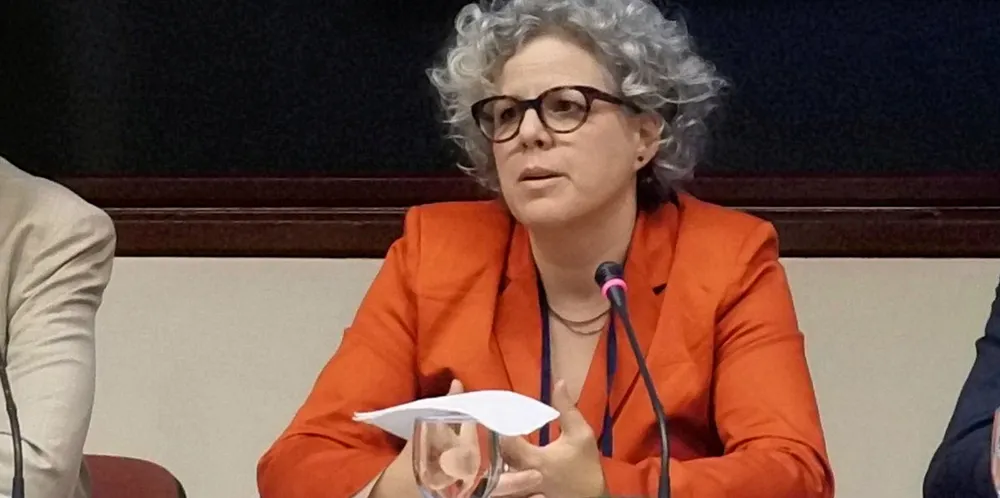'We need to end the fossil era' | Governments undermining record renewables growth: REN21
Unprecedented build-out of clean power plant worldwide being outpaced by growth in energy demand and $18trn in 'old energy' subsidies, new figures from think-tank show
